April 29 is:
Greenery Day, a national holiday in Japan
National Shrimp Scampi Day
On April 29, 1429, Joan of Arc arrived to relieve the Siege of Orleans.
In 1553, a Flemish woman introduced the practice of starching linen into England. Bless her heart!
James Cook arrived at and named Botany Bay, Australia. on April 29, 1770.
1784 – Premiere of Mozart’s Sonata in B flat, (Vienna).
First edition of Peter Roget’s Thesaurus published in 1852.
On April 29, 1862, New Orleans, Louisiana fell to Union forces under Admiral David Farragut. He is remembered for his order at the Battle of Mobile Bay, usually paraphrased as “Damn the torpedoes, full speed ahead” in U.S. Navy tradition.
The Parliament of the United Kingdom passed the People’s Budget on April 29, 1910, the first budget in British history with the expressed intent of redistributing wealth among the British public. See article: The People’s Budget.
(In 2012 the U.S. Congressional Progressive Caucus proposed a “People’s Budget” which promised the same goals of eliminating the national debt and putting Americans back to work through income redistribution. See Congressional Progressive Caucus for the Fiscal Year 2019 Congressional Progressive Caucus’s People’s Budget: A Progressive Path Forward. Goals include universal access to affordable, high quality healthcare” (universal healthcare or single-payer healthcare), fair trade agreements, living wage laws, the right of all workers to organize into labor unions and engage in collective bargaining, the abolition of the USA PATRIOT Act, the legalization of same-sex marriage, U.S. participation in international treaties such as the climate change related Kyoto Accords, responsible reductions in profligate military expenditure, strict campaign finance reform laws, a crackdown on corporate welfare and influence, an increase in income tax rates on upper-middle and upper class households, tax cuts for the poor and an increase in welfare spending by the federal government. Currently there are 78 members of the House of Representatives and one Senator (Bernie Sanders) who are members of the caucus.
1945 – American soldiers liberated the Dachau concentration camp in Germany. There were 32,000 documented deaths at the camp, and thousands that are undocumented.
 On April 29, 1986, in a game against the Seattle Mariners at Fenway Park, Roger Clemens of the Boston Red Sox becomes the first pitcher in Major League Baseball to strike out 20 batters in a nine-inning game. Ten years later, Clemens repeated the feat, the only player in baseball history to do so.
On April 29, 1986, in a game against the Seattle Mariners at Fenway Park, Roger Clemens of the Boston Red Sox becomes the first pitcher in Major League Baseball to strike out 20 batters in a nine-inning game. Ten years later, Clemens repeated the feat, the only player in baseball history to do so.
In 2002, the United States was re-elected to the United Nations Commission on Human Rights, one year after losing the seat it had held for 50 years. In 2006 it was replaced by the United Nations Human Rights Council.

 Eeyore’s Birthday – (Eeyore is a character in the Winnie-the-Pooh books by A. A. Milne. He is generally characterized as a pessimistic, gloomy, depressed, anhedonic [not able to feel pleasure], old grey stuffed donkey who is a friend of the title character, Winnie-the-Pooh.)
Eeyore’s Birthday – (Eeyore is a character in the Winnie-the-Pooh books by A. A. Milne. He is generally characterized as a pessimistic, gloomy, depressed, anhedonic [not able to feel pleasure], old grey stuffed donkey who is a friend of the title character, Winnie-the-Pooh.)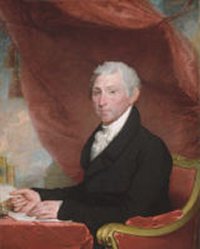 Birthday of
Birthday of 
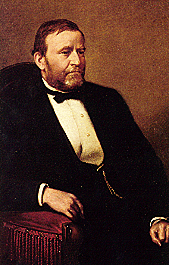 Birthday of
Birthday of 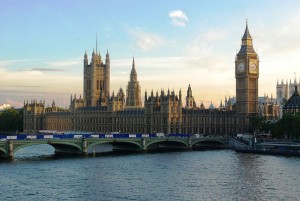 On April 27, 1840, the foundation stone for new Palace of Westminster, London, was laid by wife of Sir Charles Barry.
On April 27, 1840, the foundation stone for new Palace of Westminster, London, was laid by wife of Sir Charles Barry.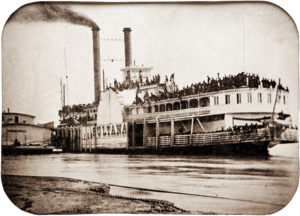 On April 27, 1865, the steamboat
On April 27, 1865, the steamboat 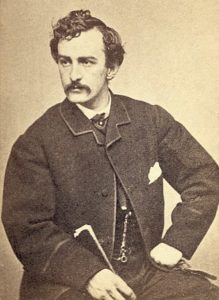 On April 26, 1865, Union cavalry troopers corner and shoot dead
On April 26, 1865, Union cavalry troopers corner and shoot dead 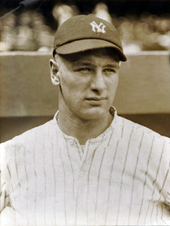 On this day in 1931, Lou Gehrig hit a Home Run but was called “out” for passing a runner; the mistake cost him the American League home run crown;
On this day in 1931, Lou Gehrig hit a Home Run but was called “out” for passing a runner; the mistake cost him the American League home run crown;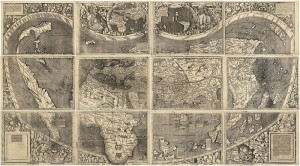 1507-04-25 – Geographer Martin Waldseemuller first used name America. He and Matthias Ringmann are credited with the first recorded usage of the word “America”, on the 1507 map Universalis Cosmographia in honour of the Florentine explorer Amerigo Vespucci.
1507-04-25 – Geographer Martin Waldseemuller first used name America. He and Matthias Ringmann are credited with the first recorded usage of the word “America”, on the 1507 map Universalis Cosmographia in honour of the Florentine explorer Amerigo Vespucci.
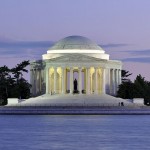 Birthday of John Russell Pope (1874), American architect whose work includes the National Gallery of Art and the Jefferson Memorial
Birthday of John Russell Pope (1874), American architect whose work includes the National Gallery of Art and the Jefferson Memorial 1913 – The Woolworth Building skyscraper in New York City was opened. It was the tallest building in the world from 1913 to 1930 at 792 feet tall with 57 stories.
1913 – The Woolworth Building skyscraper in New York City was opened. It was the tallest building in the world from 1913 to 1930 at 792 feet tall with 57 stories.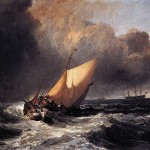
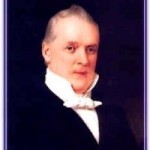 Birthday of
Birthday of 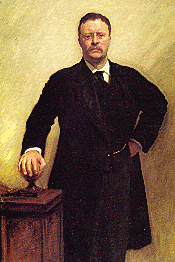 1910 –
1910 – 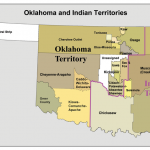 Oklahoma Day celebrating the anniversary of the opening of the Oklahoma Territory for settlement in 1889.
Oklahoma Day celebrating the anniversary of the opening of the Oklahoma Territory for settlement in 1889. 1915 – The New York Yankees wore pinstripes and the hat-in-the-ring logo for the first time.
1915 – The New York Yankees wore pinstripes and the hat-in-the-ring logo for the first time.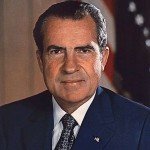 April 22, 1994: Death of
April 22, 1994: Death of 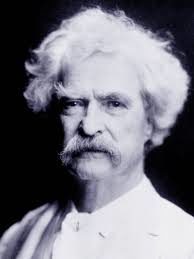 1910 Death of Samuel Langhorne Clemens (Mark Twain). Upon hearing of Twain’s death,
1910 Death of Samuel Langhorne Clemens (Mark Twain). Upon hearing of Twain’s death,  The United States Air Force retired the F-117 Nighthawk on April 21, 2008.
The United States Air Force retired the F-117 Nighthawk on April 21, 2008.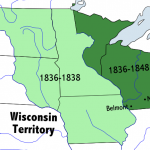 U.S. Congress passed an act creating the
U.S. Congress passed an act creating the